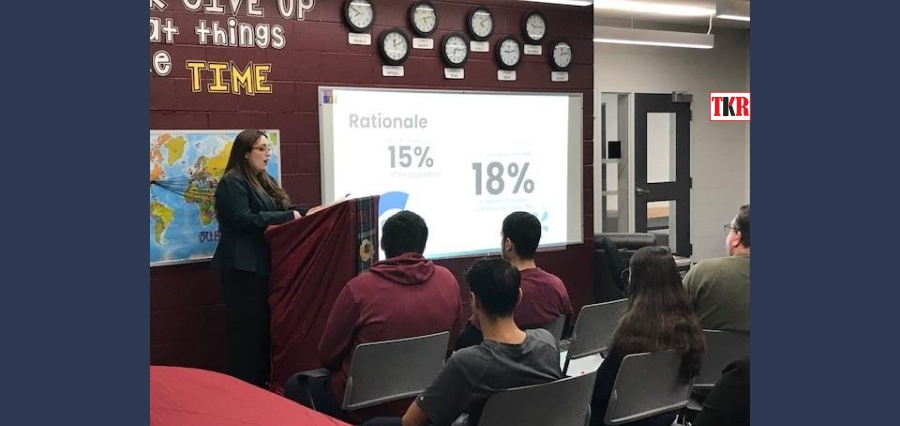Employees For secondary and post-secondary students, WindsorEssex has introduced a new tool to aid in bridging the gap between school and employment.
The goal of the School to Work Guide is to give students the knowledge, resources, and helpful guidance they need to effectively navigate their professional choices and land a long-term job.
The School to Work Guide’s salient elements encompass: – Tips and Recommendations: Valuable counsel on how students can position themselves for professional success at each stage of their career journey.
– Career Exploration: Provides students with comprehensive information on a range of sectors and professions to assist them in making well-informed career decisions.
– Skill Development: Useful advice and tools to improve the fundamental abilities that modern businesses require, making sure students are ready for the workforce.
– Local Job Market Insights: Current details about the local job market, such as growing opportunities and in-demand industries.
Workforce Windsor-Essex’s Bailey Soulliere, a research assistant, says the organization hopes to close the gap between education and work.
“If people are exiting school, we want to make sure that they have the transitional supports that they need to get into to those positions that are suited to their field,” she explains. “We want to make sure that when people are making those educational decisions, they’re making those education decisions if they want to work locally, according to what’s available locally.”
There may be a skills mismatch since, according to Soulliere, not all students are aware of the state of the local labor market.
“What number of students is graduating from certain programs and what’s available doesn’t necessarily match,” she explains. Therefore, we want to make an effort to address that as early as feasible in their academic careers. We also observed that many students may not have known about co-ops, experiential learning, or positions that could help them move more easily.”
According to Soulliere, it’s important to make sure that you show pupils what options are accessible during career discussions.
“As early in their education career as possible offering some hands on experiential learning,” she adds. “If they can experience the job, so you don’t have so much concern later in life that they set themselves up for something they didn’t want.”
The governments of Ontario and Canada have contributed to the funding of this Employment Ontario project.









